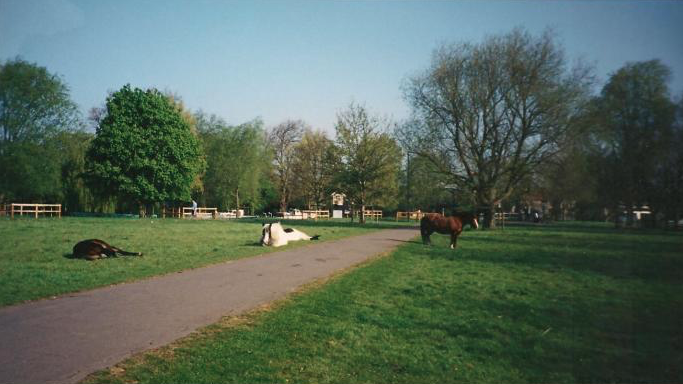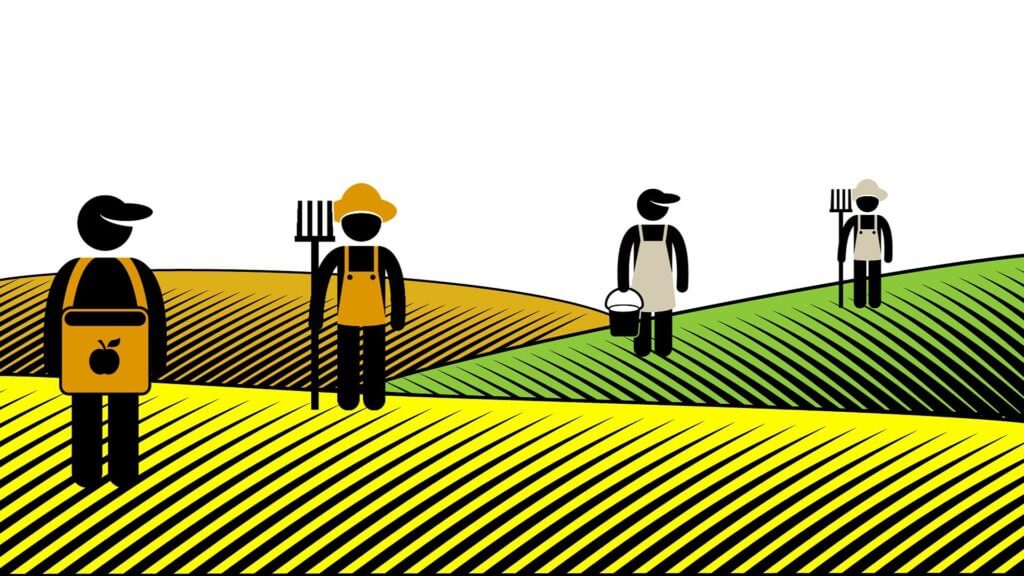Why is there an association between open access publishing and ‘the commons’? What is it about the two concepts that implies they are linked? I’m currently researching the relationship between the commons and OA, looking specifically at the application of the literature of the former to our understanding of the latter, and it is not …
Continue reading “What is the relationship between the commons and open access publishing?”








